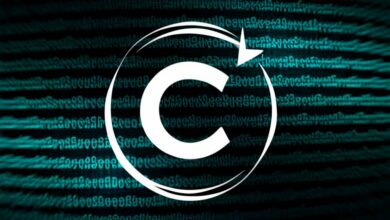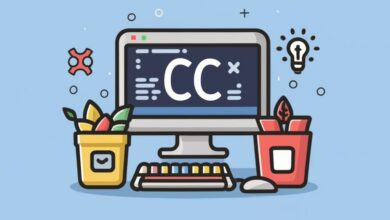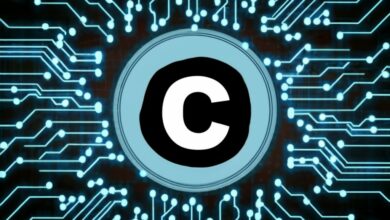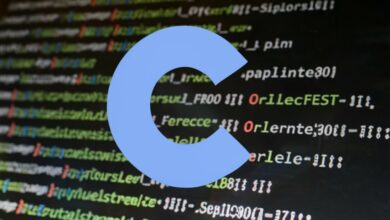
C program to perform all arithmetic operations using pointers
Welcome to this guide on writing a C program that performs all four basic arithmetic operations (addition, subtraction, multiplication, and division) using pointers. Mastering pointers opens up a powerful approach to manipulating data in C, and this program serves as a practical demonstration.
Understanding the Challenge
Performing arithmetic operations with pointers requires us to access and manipulate the values stored in memory locations indirectly. Pointers store the addresses of variables, and performing operations on them involves dereferencing (accessing the actual value through the pointer) and applying the desired arithmetic operation.
The Code Overview
Here’s an overview of the program structure:
- Variable Declaration: We declare integer variables for two operands and a pointer to hold their address.
- User Input: We obtain the two operands from the user for each operation.
- Operation Selection: We use a switch statement to select the desired arithmetic operation based on user input.
- Pointer Arithmetic: Inside each case, we dereference the pointer to access the operand values and perform the chosen operation.
- Output: We display the calculated result based on the chosen operation.
The Code Breakdown
C
#include <stdio.h>
int main() {
int num1, num2;
int *ptr;
// Assign pointer to address of num1
ptr = &num1;
// Main loop for repeated operations
while (1) {
// Prompt user for operation choice
printf("Enter operation (+, -, *, /): ");
char operation;
scanf("%c", &operation);
// Prompt user for operands
printf("Enter first number: ");
scanf("%d", &num1);
printf("Enter second number: ");
scanf("%d", &num2);
// Switch statement for operation selection
switch (operation) {
case '+':
*ptr += num2; // Add num2 to value pointed by ptr (num1)
printf("Result: %d\n", *ptr);
break;
case '-':
*ptr -= num2; // Subtract num2 from value pointed by ptr (num1)
printf("Result: %d\n", *ptr);
break;
case '*':
*ptr *= num2; // Multiply value pointed by ptr (num1) by num2
printf("Result: %d\n", *ptr);
break;
case '/':
if (num2 == 0) {
printf("Division by zero error!\n");
break;
}
*ptr /= num2; // Divide value pointed by ptr (num1) by num2
printf("Result: %d\n", *ptr);
break;
default:
printf("Invalid operation!\n");
break;
}
// Option to repeat or exit
char choice;
printf("Continue (y/n)? ");
scanf("%c", &choice);
if (choice != 'y') {
break;
}
}
return 0;
}
Explanation of Key Points
- Dynamic pointer assignment: We assign the address of
num1to the pointer (ptr) initially. This allows us to use it as a reference point for both operands in subsequent operations. - Dereferencing for calculations: Inside the switch cases, we dereference the pointer (
*ptr) to access the value stored at the memory location it points to (currentlynum1). This allows us to modify the value directly using arithmetic operations. - Error handling: The program checks for division by zero and displays an error message if encountered.
- Looping for multiple operations: The program implements a loop to allow the user to perform multiple calculations until choosing to exit.
Advantages of Using Pointers
Using pointers for arithmetic operations offers several advantages:
- Flexible manipulation: Pointers enable accessing and modifying data indirectly, providing dynamic control over memory usage.
- Code Reusability: The core logic for calculations can be reused for different operands by dereferencing the pointer, regardless of their specific memory locations.
- Efficiency: Direct manipulation through pointers can be more efficient than passing values by copy for large data structures.
Conclusion
This guide presented a C program that performs all four basic arithmetic operations using pointers. We explored the code structure, explained the rationale behind pointer usage, and discussed the advantages of this approach. Remember, while this program serves as a learning example, utilizing pointers effectively requires careful consideration of memory management and potential pitfalls. By mastering pointers, you unlock a powerful tool for data manipulation in C programming.
We encourage you to experiment with this code and explore further




